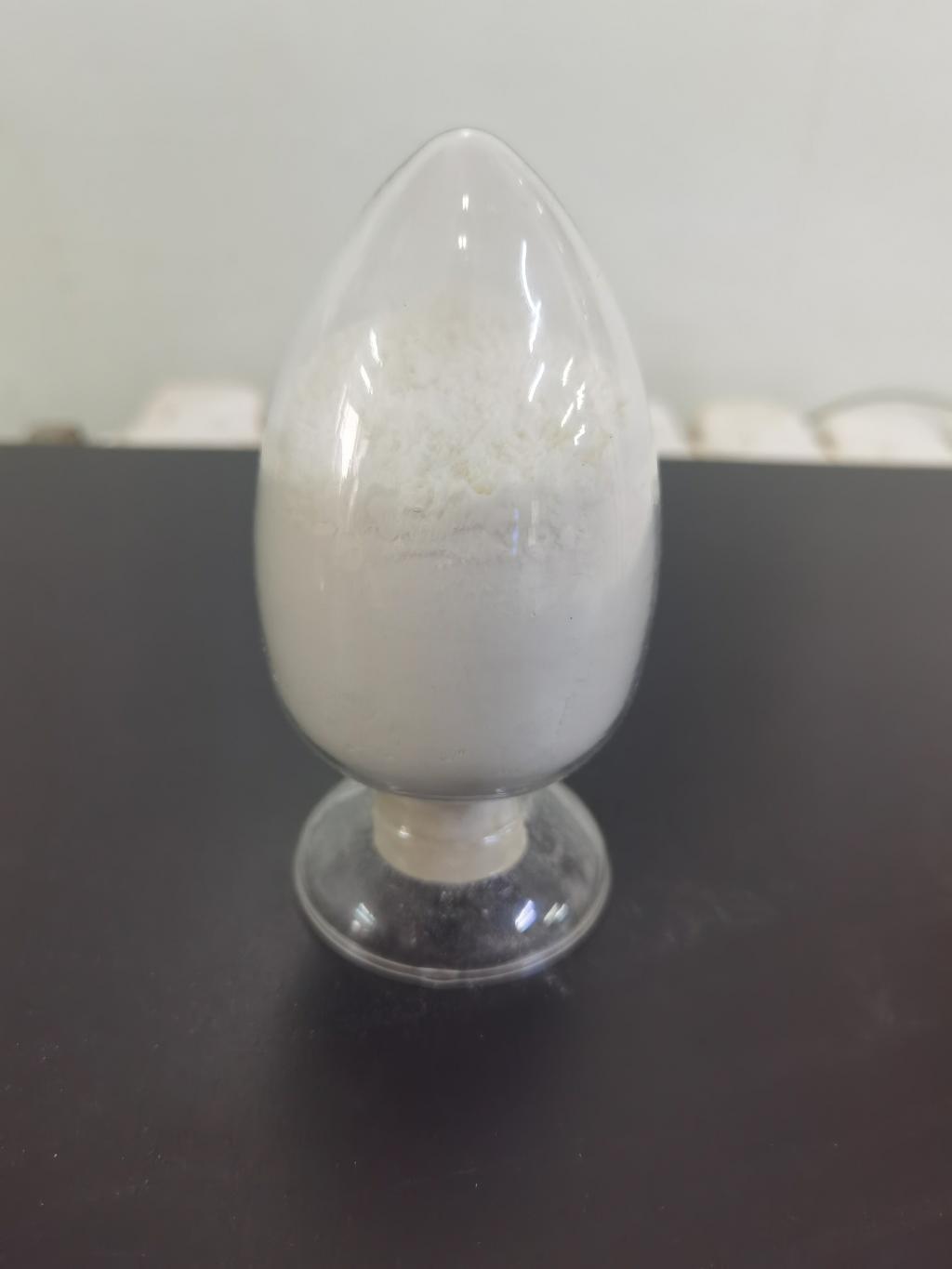Tel:+8618231198596

News
 CONTACT
CONTACT
 CONTACT
CONTACT
- Linkman:Linda Yao
- Tel: +8618231198596
- Email:linda.yao@dcpharma.cn
- Linkman:CHARLES.WANG
- Department:Overseas
- Tel: 0086 0311-85537378 0086 0311-85539701
News
ε-Polylysine hydrochloride compound has low toxicity and minimal impact on taste or odor.
TIME:2024-03-26
Understanding ε-Polylysine Hydrochloride:
ε-Polylysine hydrochloride is a water-soluble polymer derived from the fermentation of Streptomyces albulus or other related microorganisms. It consists of a chain of lysine residues linked by peptide bonds, resulting in a linear polypeptide structure. The hydrochloride form of ε-Polylysine is commonly used for its enhanced solubility and stability in aqueous solutions.
Characteristics of ε-Polylysine Hydrochloride:
Low Toxicity: One of the key attributes of ε-Polylysine hydrochloride is its low toxicity profile. Extensive safety evaluations have demonstrated that ε-PL HCl is safe for human consumption and has minimal adverse effects on health. As a result, it is widely used as a food additive and preservative in various food products.
Minimal Impact on Taste and Odor: Unlike some other food additives and preservatives, ε-Polylysine hydrochloride has minimal impact on the taste, odor, or overall sensory characteristics of food products. Its neutral flavor and odor make it suitable for use in a wide range of applications without compromising the sensory experience for consumers.
Broad Spectrum Antimicrobial Activity: ε-Polylysine hydrochloride exhibits potent antimicrobial properties against a wide range of microorganisms, including bacteria, fungi, and some viruses. It inhibits microbial growth by disrupting cell membranes, interfering with cellular functions, and inhibiting protein synthesis. This antimicrobial activity contributes to its effectiveness as a preservative in food and pharmaceutical products.
Applications of ε-Polylysine Hydrochloride:
Food Preservation: One of the primary uses of ε-Polylysine hydrochloride is as a natural preservative in food products. It helps prevent microbial spoilage and extends the shelf life of perishable foods by inhibiting the growth of bacteria, yeasts, and molds. Common applications include meat and poultry products, dairy items, baked goods, sauces, dressings, and beverages.
Pharmaceutical Formulations: ε-Polylysine hydrochloride is employed in pharmaceutical formulations as a stabilizer, preservative, or excipient. It enhances the stability and shelf life of liquid and semi-solid dosage forms, such as oral suspensions, injectable solutions, and topical creams. Its antimicrobial properties also contribute to preventing microbial contamination in pharmaceutical products.
Personal Care Products: In the cosmetics and personal care industry, ε-Polylysine hydrochloride is utilized for its antimicrobial and preservative properties. It is incorporated into skincare products, hair care products, oral care products, and hygiene products to inhibit the growth of bacteria and fungi, thereby ensuring product safety and stability.
Agricultural and Veterinary Applications: ε-Polylysine hydrochloride has potential applications in agriculture and veterinary medicine for controlling microbial pathogens in soil, water, plants, and animals. It can be used as a natural alternative to chemical pesticides and antimicrobials, reducing reliance on synthetic compounds and minimizing environmental impact.
Benefits of ε-Polylysine Hydrochloride:
Enhanced Food Safety: By inhibiting microbial growth and preventing spoilage, ε-Polylysine hydrochloride contributes to enhancing food safety and reducing the risk of foodborne illness. It allows food manufacturers to produce safer and more durable food products while minimizing the need for synthetic preservatives.
Clean Label Formulations: Consumers increasingly prefer food and personal care products with clean label formulations, free from artificial additives and chemicals. ε-Polylysine hydrochloride aligns with this trend as a natural, non-toxic compound that can replace synthetic preservatives without compromising product quality or safety.
Extended Shelf Life: The use of ε-Polylysine hydrochloride extends the shelf life of food, pharmaceuticals, and personal care products, reducing waste and promoting sustainability. Longer shelf life reduces the frequency of product recalls, minimizes product losses due to spoilage, and optimizes inventory management throughout the supply chain.
Versatility and Compatibility: ε-Polylysine hydrochloride is compatible with a wide range of food ingredients, formulations, and processing conditions. Its versatility allows for its incorporation into diverse product categories, including those with stringent formulation requirements or specific sensory attributes.
Challenges and Considerations:
Regulatory Approval: Despite its safety profile, ε-Polylysine hydrochloride may be subject to regulatory approval and labeling requirements in some regions. Compliance with regulatory standards and specifications is essential for ensuring its lawful use in food, pharmaceuticals, and personal care products.
Cost and Availability: The cost of ε-Polylysine hydrochloride may vary depending on factors such as production methods, purity, and market demand. Availability of ε-PL HCl may also be influenced by supply chain factors and sourcing considerations, which can affect its accessibility and cost-effectiveness for manufacturers.
Consumer Awareness: Despite its widespread use in various industries, consumer awareness of ε-Polylysine hydrochloride and its benefits may be limited. Educating consumers about the safety, efficacy, and applications of ε-PL HCl can foster greater acceptance and appreciation of its role in promoting safer and healthier products.
Conclusion:
ε-Polylysine hydrochloride emerges as a valuable compound with diverse applications in food, pharmaceuticals, cosmetics, and agriculture. Its low toxicity, minimal impact on taste or odor, and broad spectrum antimicrobial activity make it an attractive choice for preserving and enhancing the safety of various products. By replacing synthetic preservatives and antimicrobials, ε-Polylysine hydrochloride supports the development of cleaner, safer, and more sustainable formulations that meet the evolving needs and preferences of consumers worldwide.
- Tel:+8618231198596
- Whatsapp:18231198596
- Chat With Skype







